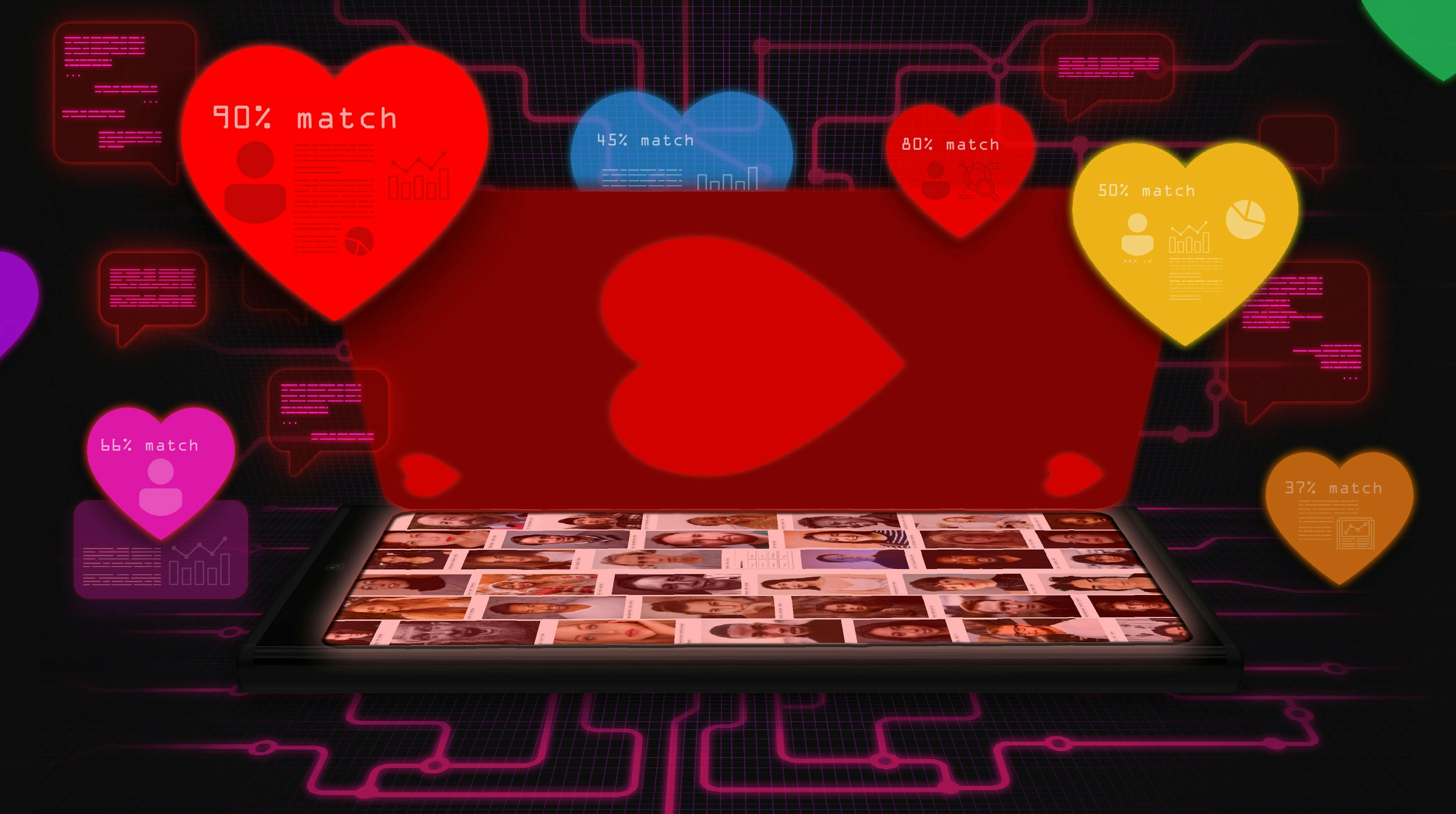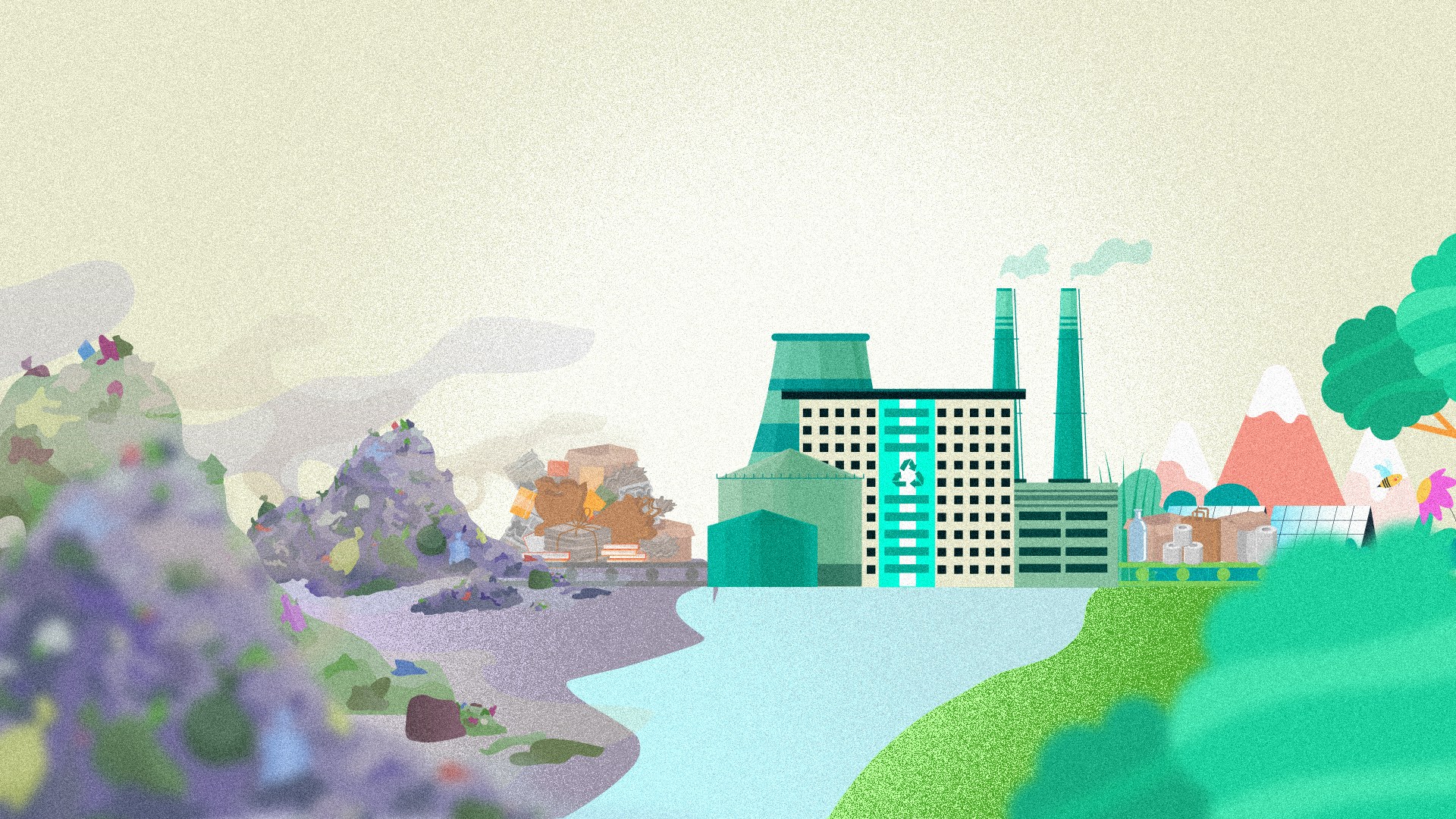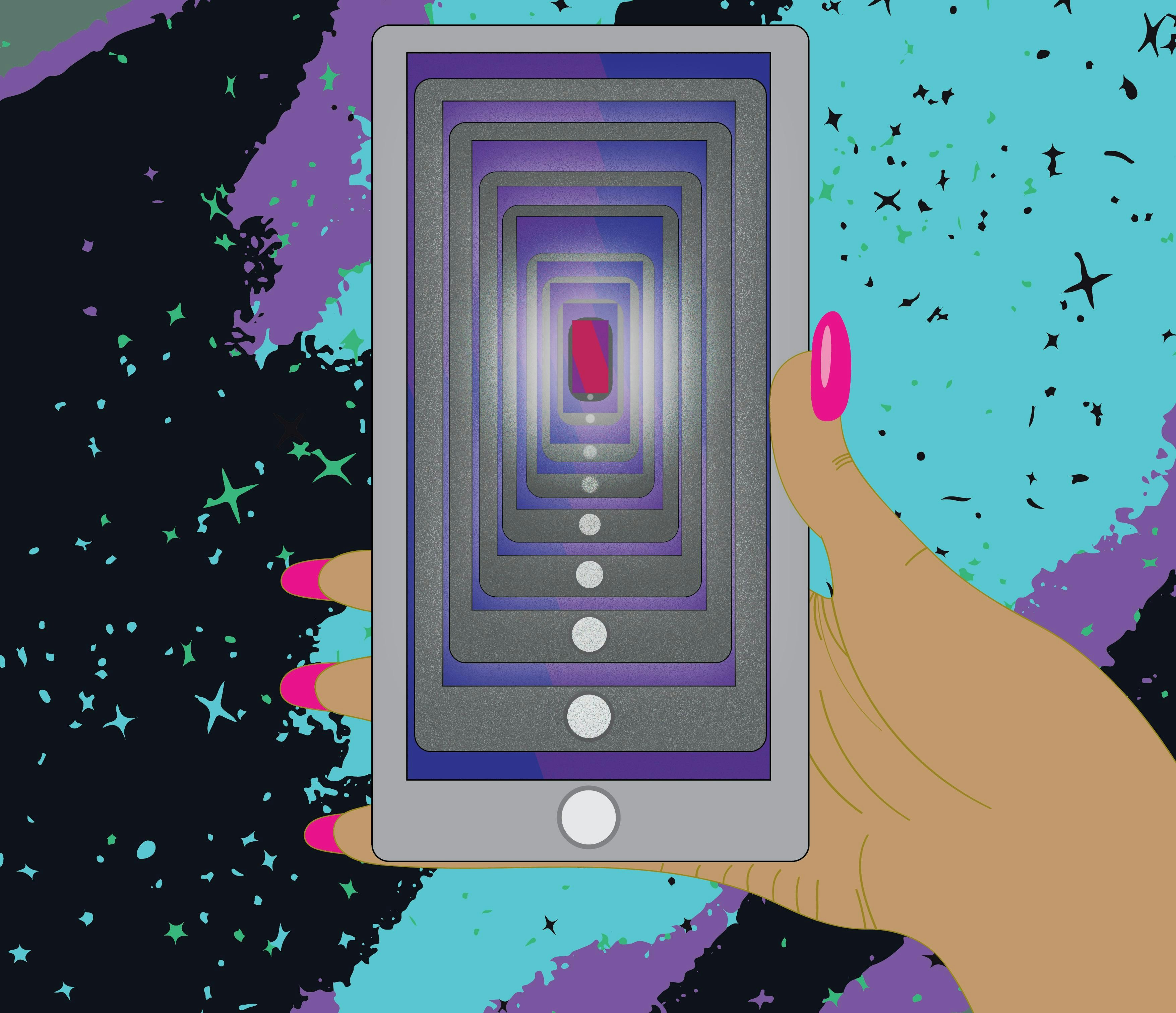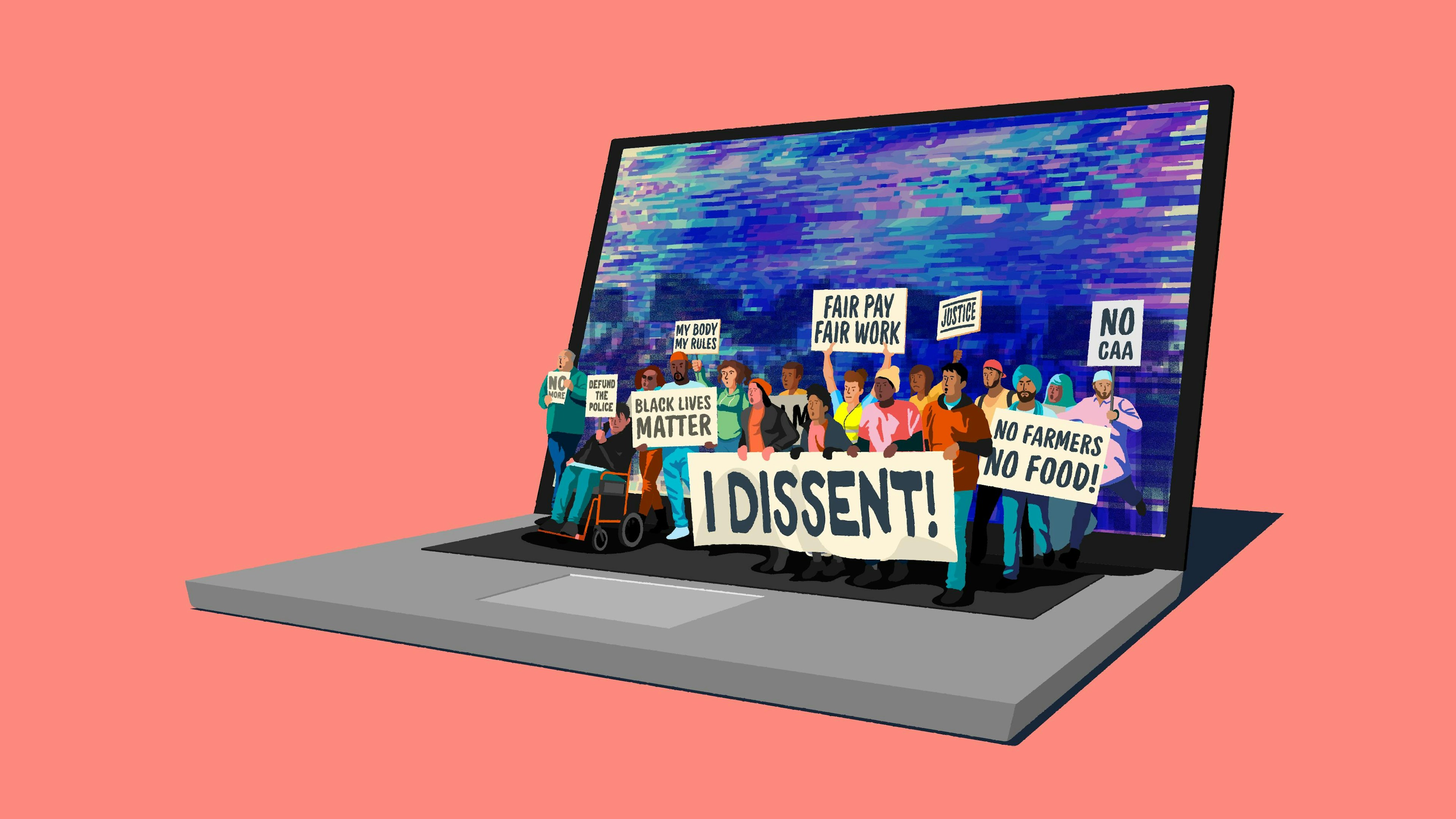Romancing the algorithm: The data science of dating apps

TOPICS
Community ShiftsI don’t know their intentions. I don’t want to be judged by my photos. It takes away the magic of dating.
These are probably the most common excuses people make for not joining dating apps. But guess what? You never know the intentions of who you’re talking to, regardless of where you meet them. You are always judged, maybe not by your photos but by how you look, dress, walk or speak. And, thankfully, whether you meet someone you love offline or online changes nothing: The moment is magic.
Whatever your opinion on the subject, today dating apps are among the predominant ways to meet a partner.
I have used these apps. All the dates I've been on were amazing: Terrible dates became stories for parties. Great dates became friends. And, ultimately, I met my boyfriend.
Finding the latter—a partner—is usually why people use dating apps (as evidenced by their category), but on the journey, you can meet all kinds of people. Dating apps are designed for that purpose.
Refusing to sign up is a choice, but, in my view, can imply an idealised view of relationships and love that is not necessarily healthy. By registering for a dating app—be it Hinge, Bumble, Grindr, Tinder or any other similarly-functioning application on the market—you tacitly agree to meet people, interact with many at once, and take risks—of being disappointed, of making bad acquaintances, or receiving unwanted messages.
But you also risk having unusual encounters, having great interactions, and maybe finding the love of your life.
As a data scientist, how I used and understood interactions within these applications was different from my friends. Here is what I learned in nearly three years of swiping:
You are a product.
Just as apartment sales rely on photos, location, prices and unique characteristics, the number of "likes" you receive rely on similar factors.
Your profile is evaluated to give you a score; you only match with people within your range of scores. To calculate that score, the algorithm most dating apps use incorporates multiple factors.
First, it processes data: Preferences, age, work, social networks if applicable—including all the posts you like on Facebook, pictures on Instagram, or your Spotify playlist (yes, guilty pleasures too). In short, it's looking at nearly everything the internet knows about you socially.
Even messages you send on the app are analysed. If you give out your number, are nice and funny, or send a lot of messages, your score rises. If you have multiple photos of yourself and smile, your score rises.
Lastly, your score considers activity: The more often you use the app, the higher your profile score.
Your score also relies on others.
For the first few weeks from when you register, you will see profiles with all ranges of scores. If you like people who rank 8/10 and they like you back, you're an 8. But if you mostly like 8-profiles and but are only liked back by people with a 3/10, you are more likely to be rated a 3.
These particular algorithms function by analysing similar responses to profiles, to learn from them and their biases. Let’s say Caroline has a masters degree in economics, plays the piano and likes John, Mike and Ryan, just as I do. If Caroline and I have similar profiles, she will see profiles I’ve matched with, and I might see suggestions for her unsuccessful matches.
The choices available to you are relatively linear.
Like Netflix recommendations, the app ensures that what it considers your best options are the first profiles you see; the worst come after. This is why you might see the same person over and over: You may have swiped left (signalling disinterest), but the app still might think it’s a better option for you than the ones that follow.
Now that you know how dating app algorithms generally work, let’s focus on what results they generate.
The cocktail of love
Dating apps are designed to help you meet new people in a simple and easy way. When you are shy, or don’t like to hang out in bars, or are in a small university or firm, it is difficult to find a date the old-fashioned way. Also, if you’re like me, perhaps you’d prefer to meet people outside your region or field of expertise.
They are perfect for this kind of use case. I have met engineers, doctors, data scientists, chemists and so on. The first thing you need to know about this is that the algorithms are designed to give you possible dates that meaningfully resemble you: If you have a masters degree, you will be "introduced" to people with a masters degree.
This reinforces a bias we already have. Giving everyone possible dates in the same "social class" further reduces possibilities of social mobility through love. But 21st century arrangements by algorithm aren't so different from previous marital structures: In the 18th century, marriages were arranged by families, who often tried to safeguard against unseemly social mixing (among wealthier families, anyway).
On the other hand, seeing so many people can lead to two issues:
- FOBO, or “fear of better options.” Because you have many possibilities, you could make the “wrong” choice by swiping right on a person that seems promising and attractive but does not fill all your criteria. Once you have FOBO, even great matches can seem lacking in what feels like attainable perfection.
- Dating fatigue. Because all first dates feel more or less the same, you can arrive at a point when no one is attractive, funny or interesting enough. Symptoms of dating fatigue include feeling bored, mocking and passive … and it leaves you with nothing but disappointment.
This frustration could be attributed to what I call “fairy tale syndrome.” Dating apps cultivate the belief that the right person for you is somewhere, swiping too, and this is your chance to find them. Someone who fills all your criteria exists, and meeting them could be effortless.
But the perfect person does not exist. It is the relationship you create that makes them perfect, not the opposite. Secondly, an idealised impression of love leads to inevitable disappointment.
Another thing algorithms enable is the sense of selection. You can make choices about the age, sex, and proximity of possible matches. Because you’re faced with such a large “supply” of people (which you must filter, to move through them efficiently), it reinforces the sense that people are an object of consumption by creating a love market. Just as you want a computer with 8GB of memory and a 13-inch screen, you can select for someone who is blonde, 5'10" and athletic. If a person doesn't meet this criteria, just swipe left.
If this "selection process" were taking place at work or in a bar, and if the person immediately in front of you was a brunette with a great sense of humour and a big smile, the decisions you might make could be completely different.
But let's assume you find someone worthwhile. If a match moves forward, the process of courtship evolves. There are two potentially negative impacts to take into consideration:
- In the short term: Getting to know so much about a person you’re flirting with, before even meeting, changes the dynamics of in-person interaction. You don’t have to ask about passions, whether they have brothers and sisters … you might even already know their job and day-to-day tasks. With all this information already at your fingertips, the discovery process could leave a lot less to … well, discover. This frequently contributes to dating fatigue.
- In the long term: Let’s say you get neither dating fatigue nor FOBO. You have a great experience on your app of choice, and a wonderful date that ends in a relationship. If the relationship falters, fairy tale syndrome might kick in, compelling one to potentially think, “This is just not The One,” and return to the app instead of putting effort into making the relationship work.
We tend to forget that these are people behind the screen. Just as verbal violence is a lot more impactful on social networks, less care is put into the nature of the messages people send on apps. I have never gone on a date with someone who messaged, “Come to my place tonight” or “is a one-night stand okay?” Yet 60 percent of my initial interactions on Tinder were messages of this kind.
Dating apps tend to dehumanise first interactions because you do not see who you are talking to, and you might be talking to 20 different people at the same time. What you want is primary; whether the person you’re interacting with shares those desires makes no affective difference, so you may feel there is no need for delicacy.
Thus, dating applications, whose goal is ultimately to generate something profoundly human—love and romantic relationships—can often result in a loss of this sense of humanity.
At the end of the day, a certain cohort of people might think online dating is all about one-night stands, multiple hook-ups, and nothing serious, but that is not necessarily the case. Nor does it have to be. As with all relationships in our lives, we make the rules.
The upshot of romance by algorithm
Because of how they are designed, dating apps can lead to stronger, more diverse relationships. They may seem like nothing more personal than a big “love market.” But as user numbers increase and dating apps grow more mainstream, resulting encounters have the potential to be more interesting, and our chances of meeting someone we like also increases.
And just like us, AI is not a finished product; it is constantly learning. Algorithms evolve and grow more advanced. The more users these sites get, and the more couples they successfully create, the more algorithms can learn from social interactions, our triumphs and failures … and hopefully, they’ll do better at meeting us halfway in creating meaningful connections.
16 Dec 2021
-
Marie Clara Fancello
Illustrations by Dominika Haas.
02/03
Related Insights
03/03
L’Atelier is a data intelligence company based in Paris.
We use advanced machine learning and generative AI to identify emerging technologies and analyse their impact on countries, companies, and capital.


